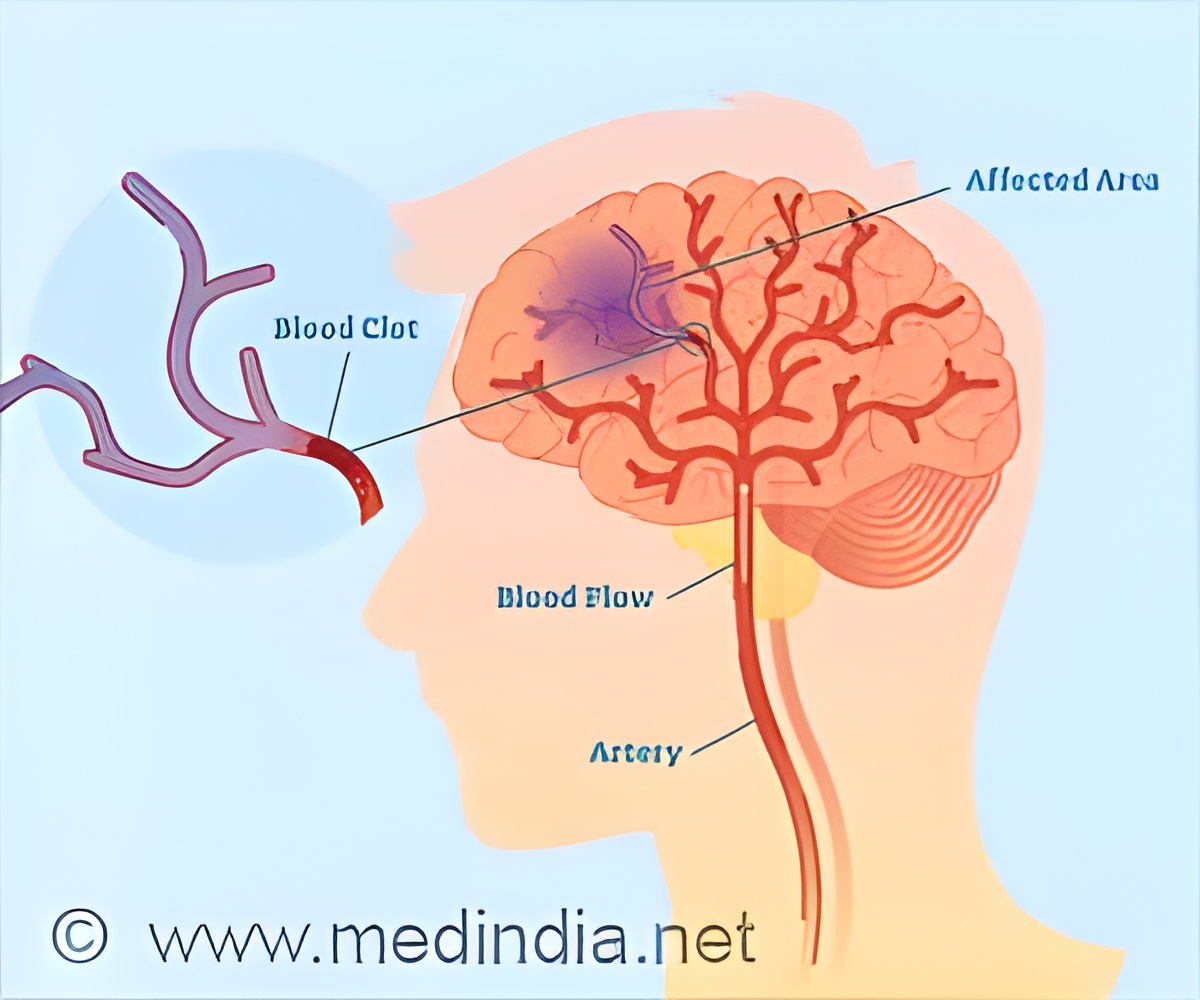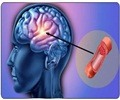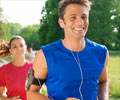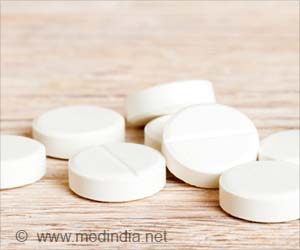In therapy for stroke patients, tongue exercises are commonly incorporated, with a specific emphasis on enhancing overall tongue strength.

UC trial tests tongue exercises to improve swallowing function after stroke
Go to source) Speech language pathologist and trial principal investigator Brittany Krekeler, PhD, said swallowing issues can sometimes be a “hidden” disorder, because it is usually secondary to other diseases.
‘In individuals who have experienced a stroke, a new study evaluates how effective an at-home tongue endurance exercise is in improving swallowing function. #stroke’





“You hurt for these patients when they can’t enjoy eating and drinking, and swallowing disorders can be a burden on family members as well,” said Krekeler, assistant professor and clinician-scientist at the UC College of Medicine’s Dysphagia Rehabilitation Laboratory. “From working with these patients clinically, we see how much it means for patients to be able to eat and drink again.” Krekeler said research into improving swallowing function is relatively new, as historically the problem was addressed by giving feeding tubes to patients with post-stroke dysphagia. But feeding tubes can fall out, can get infected and prevent patients from being able to enjoy sitting down to a meal with loved ones, she said.
Because studying swallowing disorders is both difficult and expensive, there are still few evidence-based practices to improve swallowing function.
“Treating dysphagia is like an artform, so depending on what therapist you go to, you’ll get a different approach,” Krekeler said. “Current treatment approaches are really a mixed bag depending on what institution you’re at and what therapist you’re seeing.”
This trial is part of a larger effort to take out the guesswork and provide concrete evidence-based recommendations on what approaches will be most effective.
Advertisement
“When we swallow, we don’t press our tongue as hard as we can each time, rather we generate sub-maximal pressure with each swallow, and we do it repeatedly throughout the day and throughout a meal,” she said. “It’s more about being able to do a lot of movement with the tongue throughout a meal versus pressing really hard, which is not really what we do in swallowing.”
“We are seeing people in this trial when they’re done with their acute stroke but they’re still not fully recovered because we hope to jump in during that time and build on neuroplasticity to get them better before they are out of that window of recovery,” she said. “It’s kind of a magical period.”
Patients enrolled in the study will receive a device with a pressurized bulb that connects to their phone or tablet through Bluetooth to give them real-time feedback about how hard they are pressing the bulb with their tongue. Participants in the trial will press their tongue to the bulb, with the device recording the number of times they do so and if they meet their goal. They’ll complete the exercises three times a day for eight weeks, with their goal increasing as they build endurance.
“We think that learning how to use the device might actually be part of the therapy, and in our field, we haven’t really looked at the learning curve in terms of using your tongue to do something new,” Krekeler said. “To investigate this potential learning effect, we’re also doing MRIs on a small subset to see what changes occur in the brain with learning how to use a tongue device.”
Swallow studies before and after the eight weeks will also help measure the changes in swallow function before and after the trial.
“Besides regaining the ability to walk and be mobile after a stroke, being able to swallow food and water without choking or having substances go into the lungs with very bad consequences is the most important day-to-day activity that patients value,” said Joseph Broderick, MD, director of the UC Gardner Neuroscience Institute, co-principal investigator of the national coordinating center for the NIH StrokeNet and professor in UC’s Department of Neurology and Rehabilitation Medicine. “Improving the recovery of swallowing after stroke would be a great advance in the care of stroke patients.”
The trial is expected to enroll 60 patients over five years, and patients will receive compensation. Participants will be recruited from UC and other health care providers in the Tristate area.
Krekeler said while she is focused on stroke patients, there is potential for the knowledge gained in the trial to be applied to swallowing issues stemming from other conditions including head and neck cancer and
“This is just the beginning of building a body of research to try to figure out what combination of interventions is best to recover swallowing function,” Krekeler said. “We don’t think tongue endurance exercise is the only component of therapy that’s important, but this is a starting point. We really want to see if this makes a bigger change than strength training.”
Krekeler received an NIH career development grant for the trial, and UC stroke researchers Broderick and Achala Vagal, MD, will serve as her primary stroke mentors on the project along with biostatistical mentorship by Heidi Sucharew, PhD, and with external mentorship from Nicole Rogus-Pulia, PhD, a speech-language pathologist and dysphagia clinical trails expert at University of Wisconsin-Madison.
“These types of awards are only given to those researchers with great promise as a future independent researcher who will contribute substantially to medical research,” Broderick said. “Very few persons with doctorates in speech and swallowing receive such a research award, which is a great tribute to Dr. Krekeler. She is very bright, listens and communicates well and is also practical. She is passionate about research and is a delight to work with as a colleague and mentee.”
“Career development awards are prestigious awards and are catalysts to launch research careers for promising junior researchers,” Vagal said. “Krekeler is a perfect example of a rising star — not only because of her high-quality publications and high impact research study, but because of her diligence and resilience. It is an honor to support such passionate researchers.”
Broderick, Vagal and Rogus-Pulia will meet with Krekeler frequently to review the trial’s progress, help troubleshoot any problems and help plan next steps in the research. Krekeler said she is grateful to have the support of these researchers with extensive experience in running national, multisite stroke trials.
“They are masters at what they do. We’re learning from them, they’re guiding us and giving us that focused time and opportunity to work and learn how to do really good stroke trials," Krekeler said. “The goal is to actually take this multisite, to take this intervention study into multiple centers within Cincinnati, within the Midwest.”
Reference:
- UC trial tests tongue exercises to improve swallowing function after stroke - (https://www.uc.edu/news/articles/2023/12/uc-trial-tests-tongue-exercises-to-improve-swallowing-after-stroke.html)














